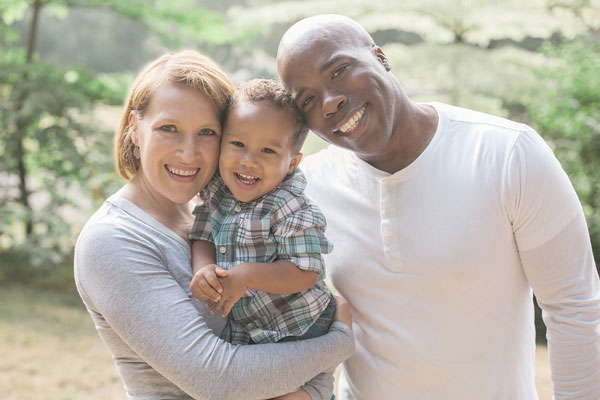What Happens if You Die Without a Will?
One of the questions we commonly receive from estate planning clients is what would happen to their assets if they passed away without a will. Most simply put, the state’s intestacy laws would dictate how your assets are passed out to surviving relatives.
The laws of intestate succession vary depending on whether you were married or single, and if you had any children. Here’s a quick overview of what would happen in various scenarios if you die without a will:
If you’re single with no children
If you pass away without a spouse or children, your parents would be first in line to receive your entire estate if they are both alive. If one parent has died, your estate would be divided among the surviving parent and your siblings. If you do not have any surviving parents at the time of your death, your entire estate would be divided equally among your siblings. But if there are also no surviving siblings or descendants of siblings, then half the estate would be divided among remaining relatives on each parent’s side of the family.
If you’re married
If you pass away and do have a spouse but do not have children, your entire estate will go to your surviving spouse (for all community or marital property), or in the case of separate property, could be split among your spouse, siblings and parents. If all of your children are also children of your spouse, and your spouse does not have any children from another relationship, your entire estate goes to your spouse.
If you’re in a domestic partnership
Generally, if you pass away without a will and are survived by only a domestic partner, then your domestic partner will NOT inherit the same way a spouse would in probate, but may otherwise depending on ownership of the property.
If you’re not married but in a relationship
Unmarried couples who are cohabitating could be devastated by the death of one partner who does not have a will. Intestacy laws only recognize relatives, marriages and domestic partnerships, so unmarried couples will not inherit anything if one partner dies without a will. This is one of the reasons why it’s so important for people to develop a will even if they’re not married or do not have children—they still likely have people or causes they care about and want to support even after their death.
Schedule Consultation with MA Estate Planning Attorney
As a general rule, you’re much better off developing a will even if you mistakenly believe you don’t have enough assets to make it worthwhile. A will does more than just direct where your property goes; it also details powers intended for the personal representative, formerly known as executor.
For more information, contact an experienced estate planning attorney at Baker Law Group, P.C.




